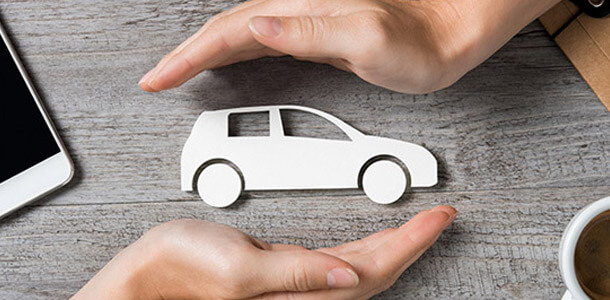Do You Need Comprehensive Coverage for Your Car?
Having the right car insurance can save you from a lot of financial problems in the future. If you currently have insurance for your vehicle, it would be prudent to ask yourself if you have the right coverage. While most vehicle owners know that they do have some form of coverage for their vehicle, they do not know the specifics of their coverage. Shopping for automotive insurance is a subject that is often neglected or overlooked. Most of the time people would only get a better idea of what their coverage is when they finally figure in an accident and realize that they have to dig deep into their pockets to cover the costs.
Perhaps the two most important insurance coverage that car owners should purchase are the collision and comprehensive insurance. Collision is self explanatory as it covers costs incurred should the car figure in a collision while driving the car. Comprehensive coverage, on the other hand, is commonly referred to as “other than collision.” This insurance covers costs that may arise after a car sustains damages caused by anything except collision. This could include theft, fire, weather, or vandalism. This type of policy would also cover what is known as “own damage”, where the owner figures in an accident by themselves without the involvement of another vehicle. An example of this would be opening a car door and hitting a part of your garage. When you hit a third party vehicle or property, it is the liability coverage that would kick in.
The majority of comprehensive coverage insurance lists “Acts of God” as a covered risk. This means that events beyond human control are covered by the policy. These events include, flood, tornado, hair storm, or hurricane. So a comprehensive coverage pays for losses incurred by the vehicle owner resulting from theft, fire, water, vandalism and others. Insurers advice that if you paid cash for your car or if you have finished paying off the loan you took out to pay for your car, then you may no longer need a comprehensive coverage, especially if your car’s blue book value is $5,000 or lower.
But if your car is high end and brand new, you definitely want a comprehensive coverage. In fact it would be advisable to get all the basic insurance coverage to make sure that indeed, you have enough insurance coverage. The three basic coverage are; comprehensive, liability and collision.
Liability coverage is the insurance that covers third party liability. This could be in the form of death-related and personal injury claims. This also covers damage to another’s vehicle or property that your car drives into. Liability coverage is a requirement in most U.S. states. The states that do not require it still requires some form of protection for third party properties you might damage with your vehicle.
Collision coverage covers the cost of repairs and parts replacement resulting from a vehicle accident. If you took out a loan to purchase your car, your lender would require you to purchase this type of policy until you have paid off your car loan. This is because the car is essentially the property of your lender and they would not like to end up with a damaged vehicle should you fail to pay off your car loan.
When shopping for car insurance, your insurance premiums are based on a set of factors in addition to the type of coverage you pick. The first factor that would affect insurance rates is the policy deductible. The deductible is the amount that the insured would shoulder or pay out of their own pocket. If you figure in an accident, the amount of your deductible will impact your insurance bill. If your deductible is high, then your total insurance bill would be lower. The most common deductible that people set is $500. If the damage to your vehicle is less than this amount, then you would no longer need to file for an insurance claim, which would give you a good claims history and keep your insurance premium low. The other factors are age, gender, location, claims history, moving violations, vehicle make and model, and driving habits. Another thing that insurers will look into is whether you installed theft deterrent systems or safety devices. If you took accident prevention training, then this could also be a factor that insurers will look into.

